It also organizes conferences, symposiums, workshops, exhibitions and meetings along with publishing documents and translations in collaboration with partner organizations.
Furthermore, the staff organizes a meeting between the ALPARC Council and General Assembly once a year in conjunction with a protected area.
Since its founding in 1995, the ALPARC staff has been operating outside of Chambéry, France. The team was originally attached to Les Ecrins National Park and, in 2006, to the Permanent Secretariat of the Alpine Convention under the title “Task Force Protected Areas”. Since 2013, the staff is employed by ALPARC.
|
|
PLASSMANN Guido Director: Management, Biodiversity and Ecological Connectivity Spoken languages: German, French, English |
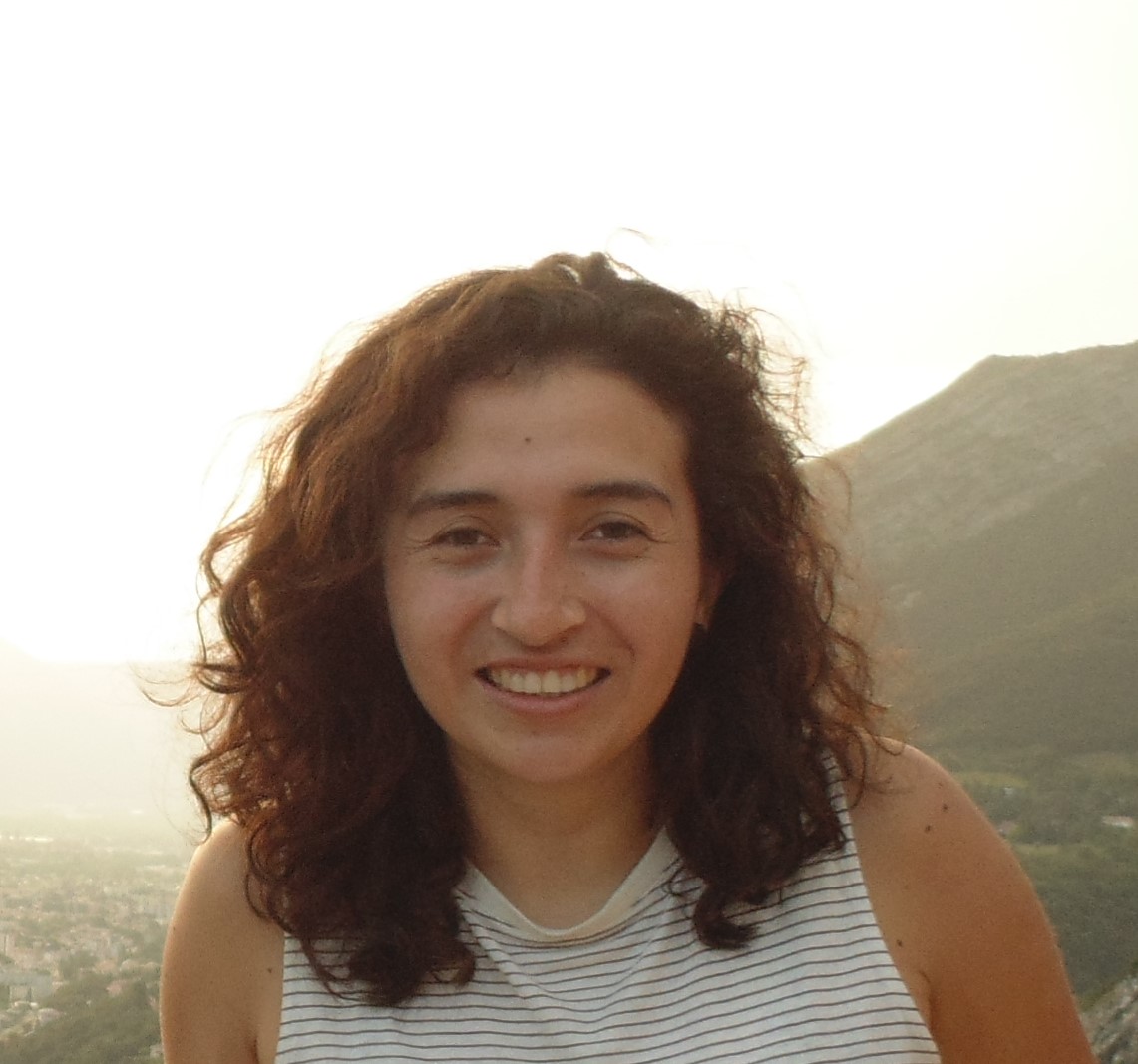 |
CORONADO Oriana GIS structuring and operation; Project coordinator Spoken languages: French, English, Spanish |
 |
PERL Laura ALPARC CENTR'ALPS coordinator Spoken languages: German, English, French |
 |
MERZI Pietro Project Coordinator Spoken languages: Italian, English, French |
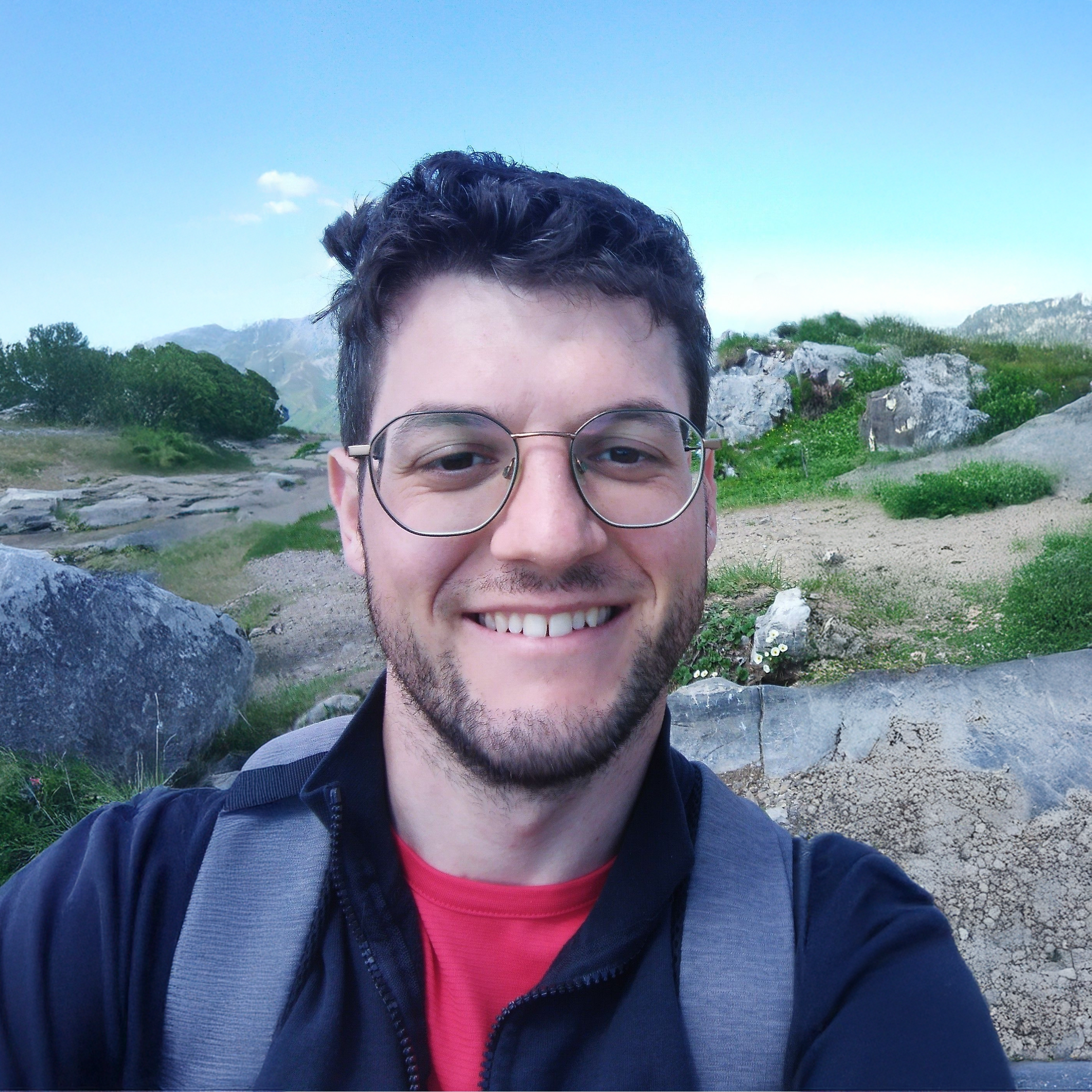 |
GUERINI Michele Project Coordinator Spoken languages: Italian, English, French |
 |
GREIDERER Dominik ALPARC CENTR'ALPS coordinator Spoken languages: German, English |
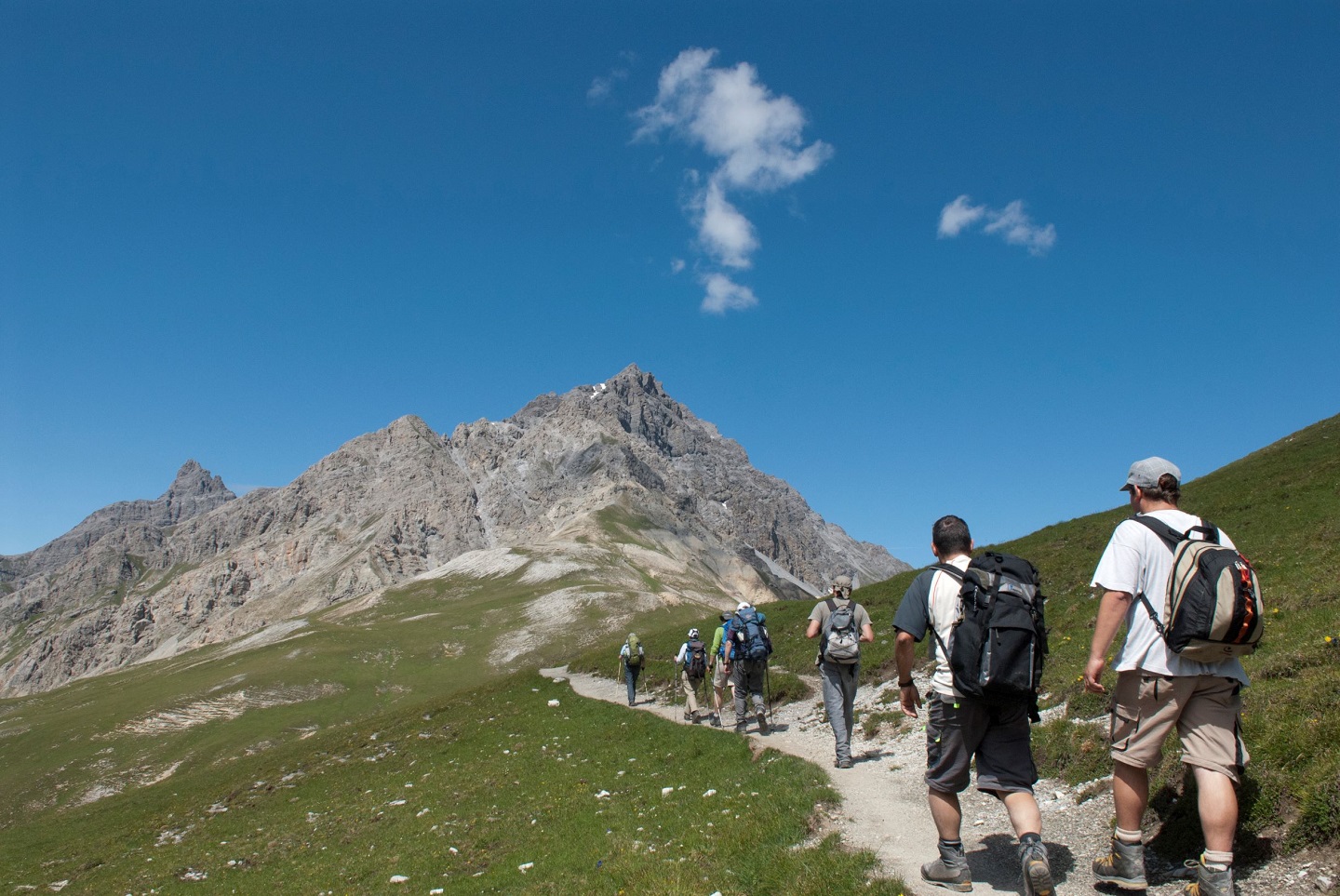
The missions of ALPARC are defined by the Council which is composed of managers of the alpine protected areas, representing the diversity and number of protected areas by alpine country.
It establishes the main directions which define the international work according to the priorities and requests of the protected areas.
ALPARC has a president and two vice-presidents, who lead the Council. They represent ALPARC in official matters.
The Permanent Committee of the Alpine Convention is informed about the ALPARC working programme.
|
|
President Peter Oggier Director of the Pfyn-Finges Nature Park Switzerland |
|
Vice-President Christian Schwoehrer Director of ASTERS, Conservatoire d’espaces naturels Haute-Savoie France |
|
Vice-President Andrea Beltrame President of the Prealpi Giulie Nature Park Italy |
|
|
General Secretary Roland Baier National Park Berchtesgaden Germany |
|
Treasurer Peter Rupitsch Director of the Hohe Tauern/Kärnten National Park Austria |
||
|
|
Franz Handler Director of the Network of Austrian Nature Parks Austria |
|
Volkhard Maier Director of the Kalkalpen National Park Austria |
|
|
|
|
Pierre Commenville Director of Les Ecrins National park France |
|
Marc Joanny Regional Council Provence-Alpes-Côte d'Azur France |
|
Gilberte Brémond Vice Director of the Regional park Baronnies Provençales France |
|
|
Eva Aliacar Director of the Vanoise National Park France |
|
Eric Fournier Vice President of the Environment for the Region Auvergne-Rhône-Alpes France |
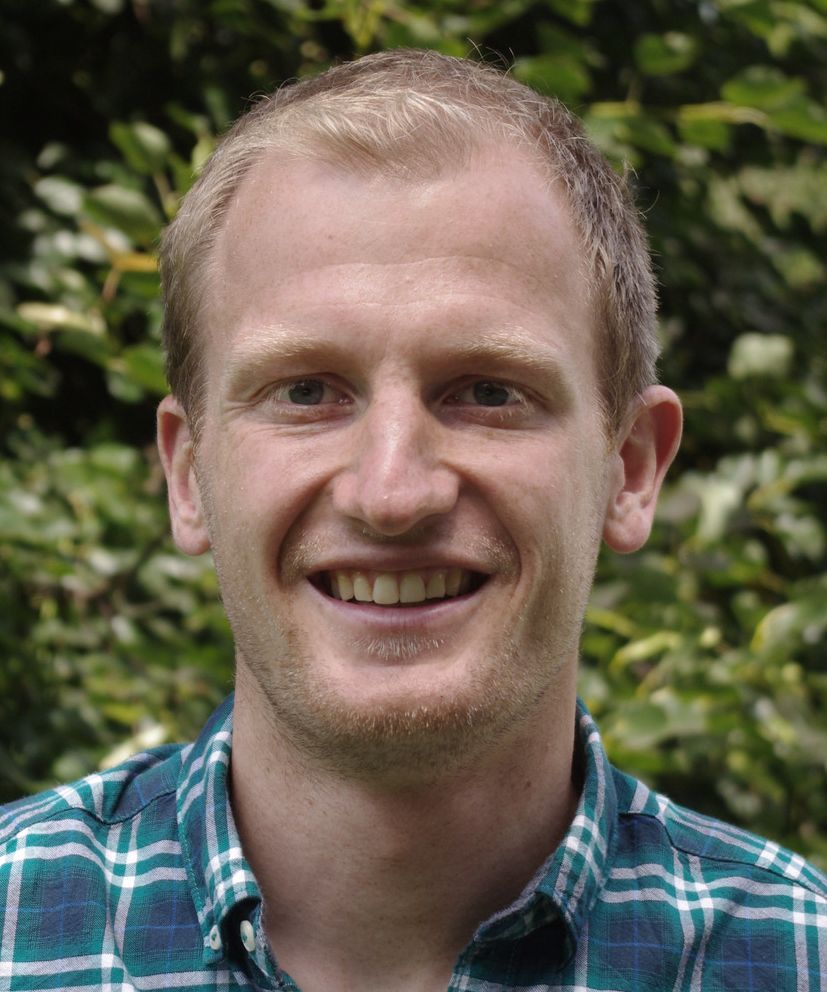
|
Dominik Cremer Schulte Vice Director of ALPARC France |
|
|
Claudio la Ragione Director of the Orobie Valtellinesi Regional Park Italy |
|
Maria Margareth Palluber Coordinator of the Tre Cime/Drei Zinnen Nature Park Italy |
|
|
|
|
Helmut Kindle Director Amt für Umwelt Principality of Liechtenstein |
|
Astrid Claudel Rusin Environment Department Principality of Monaco |
|
Christian Stauffer Director of Swiss Parks Network Switzerland |
 |
Andre Arih Nature Conservation Counsellor Triglav National Park Slovenia
|
This poster about the activities of the Platform "Ecological networks" of the Alpine Convention was presented at the 9th Conference of parties of the CBD in Bonn/D in May 2008.
Germany's Federal Agency for Nature Conservation (BfN) is presenting a brochure on the inaugural meeting of the Ecological Network Platform under the Alpine Convention. The meeting was held in Munich/D on 29 March 2007 under the heading "Establishing an Alpine Ecological Network". The proceedings, which have now been published, contain in particular reports from the individual Alpine states and presentations of selected project examples of ecological networking from Germany, France and Austria.
Available in English only.
The measure catalogue has been elaborated in the frame of the Ecological Continuum Initiative.
It lists 69 exemplary measures from all Alpine countries that can contribute to the implementation of ecological networks. The measures show how areas or structures can be created, conserved or restored so that they can play a role as connecting elements within an ecological network.
The measure catalogue has been developed as an instrument to be used by the pilot regions of the Continuum and the ECONNECT projects. Nevertheless it can and should be used by other regions and actors in and outside the Alps who want to improve ecological connectivity.
The catalogue gives examples and ideas and practical information such as contact persons and references. Additionally, an evaluation of economic and ecological aspects has been done for each measure. The catalogue also gives an overview on the sectors and fields that are important when it comes to improving ecological connectivity.
An excel table with summarised descriptions of all measures is part of the catalogue. It can be used as a database in order to select single measures that are suitable for different situations. Macros need to be activated when using the database.
Source: Alpine protected areas database, ALPARC
ALPARC lays out the most up to date map from its Alpine protected areas data base, based on the collection of geographic data from all over the Alps.
Updated in 2008, the display contains a map of the protected areas and gives a summary of the key features of the ALPARC network. It also includes photographs that illustrate the main themes currently being addressed through international cooperation.
The information display is available in four languages and is designed for use at conferences and other events organised by ALPARC and its partners.
Dimensions when set up: 2.4 m x 3 m, umbrella structure.
Covering the history of the relations between humans and the wilderness, the exhibition displays an evolving Alpine landscape, taking the visitor along a temporal trip.
The spiral, symbol of the time advancement, is the shape on which the exhibition relies on to guide the viewer through different epochs, each of them having his own kind of connection between humans and the wilderness.
This trip is composed of 5 epochs and finishes in our future.
Are we ready to welcome the Wilderness the returning wilderness?
La Francia lancia l’idea di costituire una rete di aree protette alpine
Fondazione di ALPARC nel corso della prima Conferenza Internazionale delle Aree Protette Alpine nel Parco Nazionale Les Ecrins (FR)
Stesura delle regole e dei regolamenti della Rete delle Aree Protette Alpine (ALPARC); ALPARC viene ufficialmente riconosciuta come strumento per l’applicazione della Convenzione delle Alpi
Si svolge la Conferenza delle Aree Protette delle montagne europee
Il Comitato Permanente della Convenzione delle Alpi mette ALPARC a capo di uno studio sui corridoi ecologici e sulle aree transfrontaliere
ALPARC celebra i suoi primi dieci anni di vita
Lo staff di ALPARC diventa parte del Segretariato Permanente della Convenzione delle Alpi con il nome di “Task Force Aree Protette”
Inizia il partenariato con CIPRA, ISCAR e WWF per l’Ecological Continuum Initiative
Allo scopo di creare una vera rete ecologica, ALPARC avvia un progetto su larga scala sui corridoi ecologici insieme a organizzazioni partner.
Le parti contraenti della Convenzione delle Alpi, la Convenzione dei Carpazi e la Convenzione sulla Biodiversità firmano il Memorandum di Cooperazione
ALPARC coordina le attività della Piattaforma “Rete ecologica” della Convenzione delle Alpi
A gennaio ALPARC acquisisce lo statuto di ‘associazione’ secondo il diritto francese e si separa dal Segretariato Permanente della Convenzione delle Alpi
A febbraio ALPARC e la Convenzione delle Alpi firmano un Memorandum di Cooperazione per facilitare l’interazione fra le due organizzazioni e beneficiare di potenziali sinergie
ALPARC celebra i suoi 20 anni di vita
ALPARC lancia la prima edizione dell’evento internazionale “I Giovani in vetta”, per promuovere la connessione dei giovani alpini con la natura e il loro patrimonio
ALPARC inizia a lavorare all’asse “Sviluppo regionale e qualità della vita” nel quadro del progetto InnovAlps e WeWild
ALPARC è capofila del progetto europeo triennale Alpine Space ALPBIONET2030 per la fauna selvatica alpina e la gestione degli habitat, e del progetto YOUrALPS, per strutturare il campo dell’educazione all’ambiente di montagna e attuare, incorporandoli, i valori e le conoscenze delle montagne.
ALPARC diventa partner del progetto europeo biennale Alpine Space GaYA sull’implementazione della partecipazione dei giovani nelle Alpi
Lancio della campagna di comunicazione “Be Part of the Mountain” per ridurre l’impatto dei praticanti di sport invernali sulla fauna alpina
L’11 aprile, nel Parco naturale Nagelfluhkette (Balderschwang, DE), viene ufficialmente fondata la nuova piattaforma regionale della Rete alpina ‘ALPARC CENTR’ALPS’ volta ad assicurare una presenza regionale e la prossimità della rete
ALPARC festeggia i suoi 25 anni nel Monêtier-les-Bains, Parco Nazionale degli Ecrins.
Con 5 partner del progetto OpenSpaceAlps e 10 partner del progetto HEALPS2, ALPARC e i partner del progetto hanno completato con successo questi progetti Alpine Space.
La piattaforma regionale ALPARC CENTR'ALPS è presente con un punto di contatto con il proprio personale a Immenstadt (DE).
Progetto Spazio Alpino “PlanToConnect” (il progetto si basa sui risultati di ALPBIONET2030). Obiettivo: integrazione della connettività ecologica nella pianificazione territoriale della regione alpina.
Lancio di due progetti dello Spazio Alpino: “LiveAlpsNature” (LeadPartner ALPARC). Obiettivo: misure di orientamento dei visitatori delle aree protette alpine attraverso offerte innovative (OneHealthApproach) e moderne piattaforme digitali per le attività all'aperto. “AlpsLife” (ALPARC, partner centrale del progetto). Obiettivo: fornire metodi per il monitoraggio congiunto della biodiversità e un sistema di allerta precoce alpino per la perdita di specie e habitat.
30 anni di cooperazione internazionale tra le aree protette alpine all'interno della rete ALPARC.